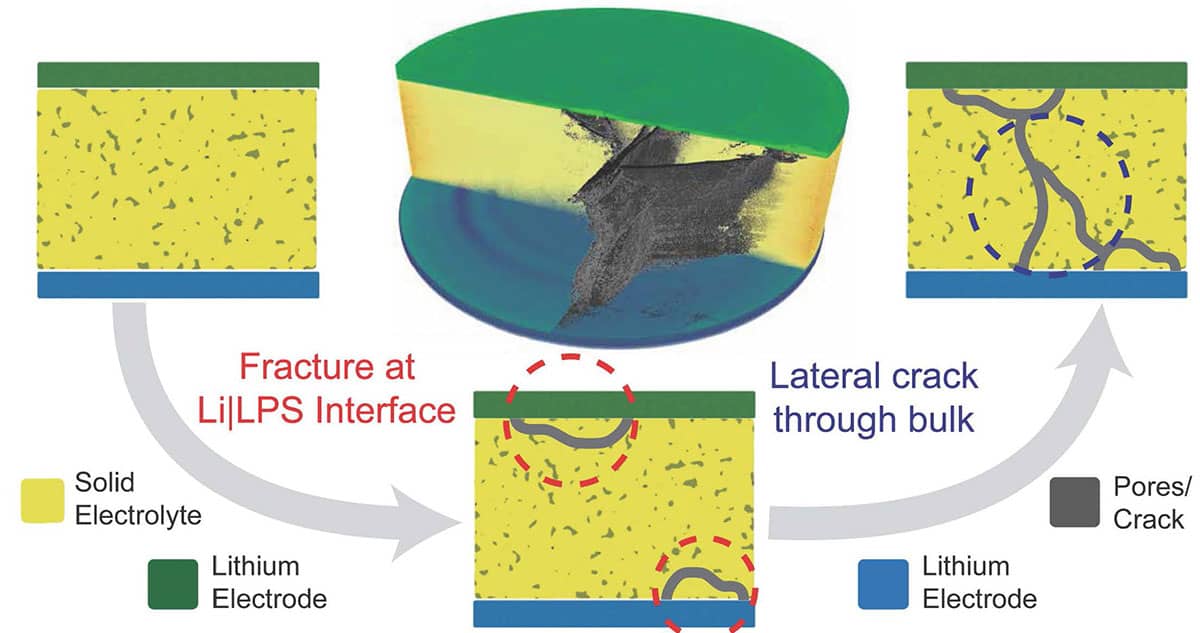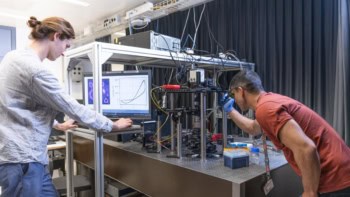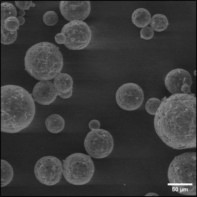The Electrochemical Society, in partnership with Hiden Analytical, explores the opportunities for tracking phenomena and mechanisms in all solid-state batteries in situ using advanced synchrotron techniques
Want to learn more on this subject?
 Transportation accounts for 23% of energy-related carbon dioxide emissions and electrification is a pathway toward ameliorating these growing challenges. All solid-state batteries could potentially address the safety and driving range requirements necessary for widespread adoption of electric vehicles. However, the power densities of all solid-state batteries are limited because of ineffective ion transport at solid–solid interfaces.
Transportation accounts for 23% of energy-related carbon dioxide emissions and electrification is a pathway toward ameliorating these growing challenges. All solid-state batteries could potentially address the safety and driving range requirements necessary for widespread adoption of electric vehicles. However, the power densities of all solid-state batteries are limited because of ineffective ion transport at solid–solid interfaces.
New insight into the governing physics that occur at intrinsic and extrinsic interfaces are critical for developing engineering strategies for the next generation of energy dense batteries. However, buried solid–solid interfaces are notoriously difficult to observe with traditional bench-top and lab-scale experiments.
In this talk, Kelsey Hatzell will discuss opportunities for tracking phenomena and mechanisms in all solid-state batteries in situ using advanced synchrotron techniques. Synchrotron techniques that combine reciprocal and real-space techniques are capable of tracking multi-scale structural phenomena from the nano- to meso-scale.
This talk will discuss the role that microstructure plays on transport and interfacial properties that govern adhesion. Quantification of salient descriptors of structure in solid-state batteries is critical for understanding the mechanochemical nature of all solid-state batteries.
Want to learn more on this subject?
 Kelsey Hatzell is assistant professor of mechanical engineering, assistant professor of chemical and biomolecular engineering, and Flowers Family Dean’s Faculty fellow in engineering at Vanderbilt University. Her research focuses on printable materials and understanding electrochemistry at interfaces as well as solution-processed material synthesis of low-dimensional materials for energy storage and water desalination application. She earned her BS/BA in engineering/economics from Swarthmore College; MS in mechanical engineering from Pennsylvania State University, US; and PhD in material science and engineering at Drexel University, US. Hatzell has received research awards including the Sloan Fellowship in Chemistry (2020), POLiS Award for Excellence (2021), MRS Nelson “Buck” Robinson Science and Technology Award for Renewable Energy (2019), ECS Toyota Young Investigator Fellowship (2019), Oak Ridge Associated Universities (ORAU) Ralph E Powe Award (2017), and NSF CAREER Award (2018). She was also a Scialog research fellow in energy storage and negative emissions technologies. She joins the faculty of Princeton University School of Engineering and Applied Science and the Andlinger Center for Energy and the Environment (ACEE) in the fall.
Kelsey Hatzell is assistant professor of mechanical engineering, assistant professor of chemical and biomolecular engineering, and Flowers Family Dean’s Faculty fellow in engineering at Vanderbilt University. Her research focuses on printable materials and understanding electrochemistry at interfaces as well as solution-processed material synthesis of low-dimensional materials for energy storage and water desalination application. She earned her BS/BA in engineering/economics from Swarthmore College; MS in mechanical engineering from Pennsylvania State University, US; and PhD in material science and engineering at Drexel University, US. Hatzell has received research awards including the Sloan Fellowship in Chemistry (2020), POLiS Award for Excellence (2021), MRS Nelson “Buck” Robinson Science and Technology Award for Renewable Energy (2019), ECS Toyota Young Investigator Fellowship (2019), Oak Ridge Associated Universities (ORAU) Ralph E Powe Award (2017), and NSF CAREER Award (2018). She was also a Scialog research fellow in energy storage and negative emissions technologies. She joins the faculty of Princeton University School of Engineering and Applied Science and the Andlinger Center for Energy and the Environment (ACEE) in the fall.





